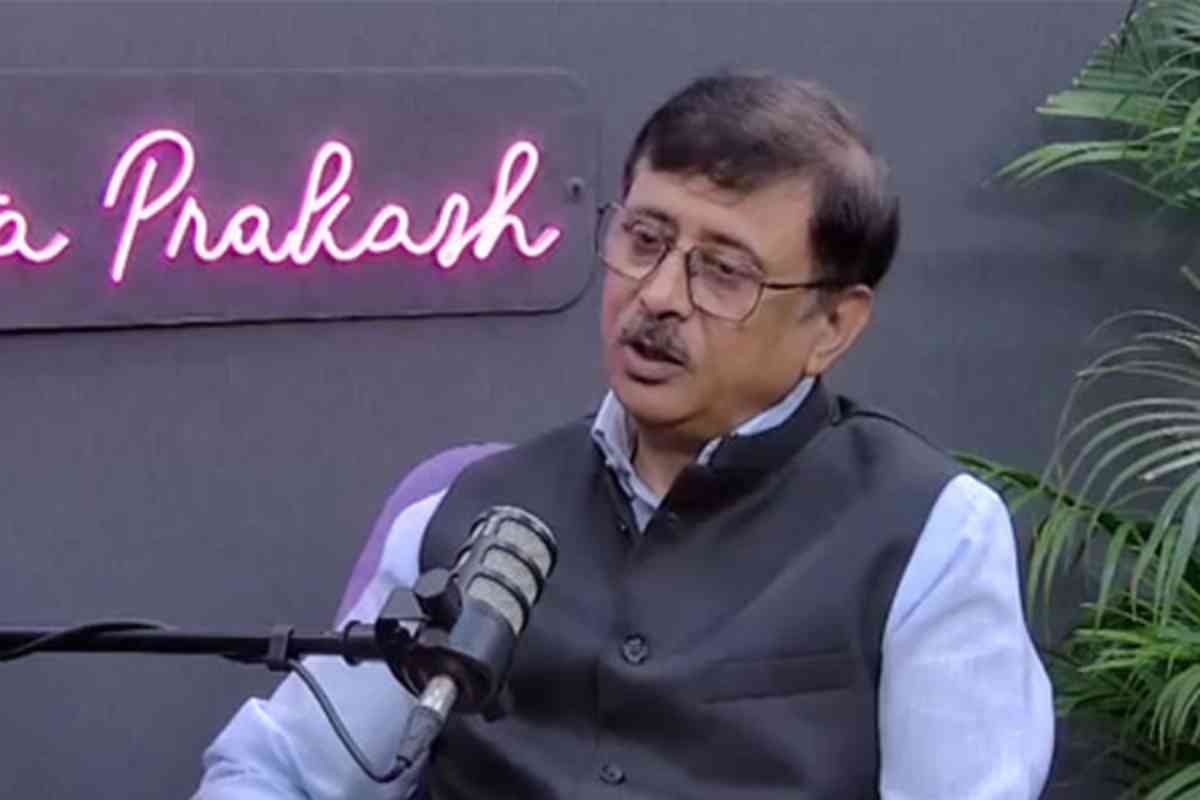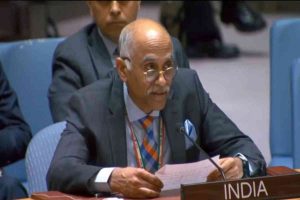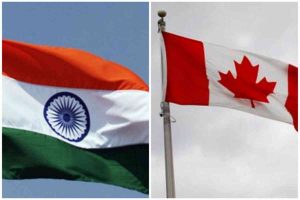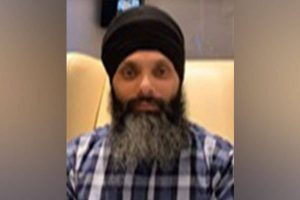Recalled Indian High Commissioner to Canada Sanjay Kumar Verma, highlighted how the Canadian authorities failed to provide him security against violent mobs and Khalistani elements.
Emphasising that it is believed that diplomats won’t be targeted during any situation, Verma said these are “different times” when even diplomats are being targeted.
In an exclusive interview with ANI, he explained the chronology of events that saw India recalling its diplomats from Canada.
Verma said that on October 12, the Canadian foreign ministry called him and the deputy high commissioner and handed over sealed envelopes saying that the High Commissioner and five other Indian diplomats were ‘persons of interest’ for interrogation in connection with the killing of Khalistani terrorist Hardeep Singh Nijjar.
After the Indian government was informed of the turn of events, the Canadian Acting High Commissioner and Deputy High Commissioner were summoned by MEA.
He said that after the Indian government recalled Verma, Canada declared him “persona non grata (PNG)” along with five other Indian diplomats.
‘Person non grata’ refers to the practice of a state barring a diplomat from entering the country.
“After this, they (Indian diplomats) were given a deadline of October 19, 11:59 pm to leave Canada or else the “diplomatic community will be no more valid”, he said.
“The Canadian government has the prerogative to declare me persona non grata at any point of time. And they did so. But they did so after we had already withdrawn ourselves,” the recalled Indian envoy said.
Earlier this month, India “strongly” rejected a diplomatic communication from Canada suggesting that the Indian High Commissioner and other diplomats were “persons of interest” in Nijjar’s killing and termed it as “preposterous imputations” and part of the political agenda of the Justin Trudeau government.
Following this, then High Commissioner Verma and five other diplomats were recalled by New Delhi.
Being asked about his future postings after being declared PNG, Verma said that he could be appointed the ambassador to any of the G7 countries “as long as they are ready to accept me”.
Commenting on the targeted attacks taking place against diplomats, Verma said, “Diplomats, you don’t think will be targeted. But these are different times when things like this are happening, where you’re seeing Khalistani’s target diplomats”.
Sharing the first incident where he felt his security was at stake, Verma said, “In one of the incidents in the Greater Vancouver area, where I was going for a public interaction of my own community, the Khalistani goons came in and they shouted that they had weapons, weapons, sword largely in their hands”
Verma noted that the RCMP said to him, “Sorry, we cannot guarantee your safety. So please don’t go. And that was the first incident that I faced.”
He said that the Indian ambassador in the US, Taranjeet Sandhu had faced a similar kind of situation, where slogans were raised against him and the goons came close, but they were tackled with.
“It happened with Mr Doraiswamy, in the UK. There too, then he had to revert. It’s happening increasingly. And strangely enough, it’s happening in Western countries where one is supposed to think that they’re safer,” Verma added.
He also slammed the Western countries over calling these violent actions as ‘protests’ saying, “I call it hooliganism.”
The ties between India and Canada soured after Trudeau alleged in the Canadian Parliament last year that he has “credible allegations” of India’s hand in the killing of Khalistani terrorist Hardeep Singh Nijjar.
India denied all the allegations, calling them “absurd” and “motivated” and has accused Canada of giving space to extremist and anti-India elements in their country.
Nijjar, who was designated a terrorist by India’s National Investigation Agency in 2020, was shot and killed outside a Gurdwara in Surrey in June last year.





